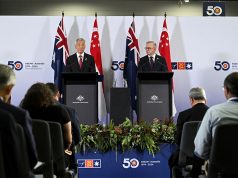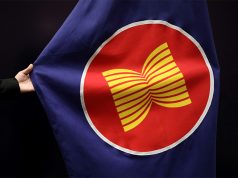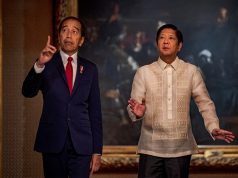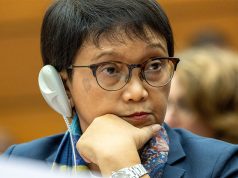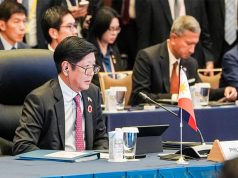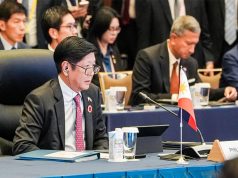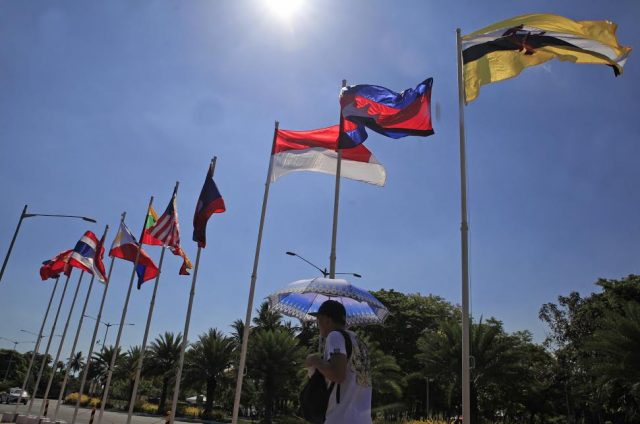
MANILA – Southeast Asian countries will prioritize creating an Asia-focused trade pact this year that includes China, India and Japan, while trade issues with the United States will be put on the back burner, Philippine Trade and Industry Secretary Ramon Lopez told Reuters late on Tuesday.
The U.S. withdrawal from the Trans-Pacific Partnership (TPP) and policy uncertainties cast by President Donald Trump’s protectionist leanings, have spurred Asian countries to push ahead with the Regional Comprehensive Economic Partnership (RCEP).
“That to us would be more of a priority rather than other countries working on another agreement,” Lopez said of RCEP during an interview ahead of a summit of the 10 members of the Association of South East Asian Nations (ASEAN) in Manila.
“Everybody would of course like to have a greater economic relationship with the U.S., they are a big country, one of the biggest consumers as well, but it may not rank high in the ASEAN agenda.”
ASEAN first pushed the idea for RCEP in 2012, but it became eclipsed by the TPP, which former U.S. President Barack Obama had promoted as a progressive deal that would prevent China from “writing the rules of global trade”.
Four ASEAN members – Brunei, Malaysia, Singapore and Vietnam – had signed up to TPP, but the pact has lost two-thirds of its members combined gross domestic product when the U.S. backed out.
And with China putting its weight behind RCEP, it has emerged as best alternative to lowering tariffs in the region for Asia’s export-driven economies.
RCEP would bring ASEAN – a trading community of 620 million people with a combined GDP of $2.6 trillion – together with six other countries: Japan, India, New Zealand, Australia, South Korea and China.
Since the election in November of a protectionist-minded U.S. president, China has emerged as arguably the biggest advocate of trade liberalization.
China denies it is leading RCEP, and Lopez said the deal would not be skewed in favor of larger nations.
“All the countries are looking at what’s mutually beneficial for all, it won’t be lopsided, let’s say, in favor of China. China is one of the participants,” he said.
“What we’re all talking about in RCEP is to what extent can we review the products, the products that need to be liberalized for free trade.”
Lopez said trade was not expected to figure prominently at the ASEAN summit starting on Saturday, but leaders would be pushing for a conclusion of RCEP by the end of this year.
The Philippine minister said Trump’s rhetoric on trade was a concern for Southeast Asia’s export-driven economies, but they hoped he would soften his stance, recognizing that an inward looking approach would ultimately hurt the U.S. economy.
“What we just hope is that the U.S. won’t really come up with policies that will really be protectionist,” he said.




